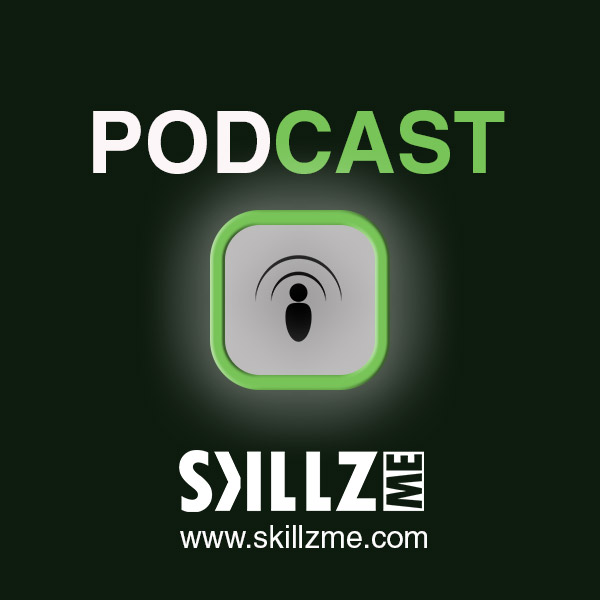
If your country is beginning to slowly reopen due to COVID-19, your company may be looking to rehire. If you’re at a point where your team can bring staff back on board, you may be curious about what the rehiring after COVID-19 process looks like during a “new normal.”
Below we’ll break down how to process rehiring after COVID-19, protect your company from liability risks, and keep your employees safe from the risks of the pandemic.
Rehiring an Old Employee
Rehiring a former employee comes with many benefits.
Out of past experience, you know this person, their personality, their work ethics, and why they left your company.
They already have experience with your business, so you can be more assured that they’ll do work well. You’ll also save time and money on training. But the rehiring process is not as straightforward as it seems.
Reduce Company Liability Risks
If you can only afford to invite back some of your employees, make sure to document your reasons for rehiring. Rehiring some employees over others without legitimate reason can come across as hiring on a “discriminatory basis.” Valid documentation before and throughout the hiring process protects your business from potential conflict.
Have a Transparent Discussion
It’s important to have an honest conversation with employees about how they feel about being let go and returning to the company. They should be completely comfortable with returning — harboring resentment will bring a toxic attitude that’s not good for your startup.
Consider The Broader Team
Avoid resentment across the current team or past employees that you don’t plan to rehire by being transparent as possible. Current employees might also feel threatened if the rehired employee comes back on in a higher position. Be honest about the pay and position to avoid conflicts.
Align On Company Needs
When rehiring, be completely transparent about how the role has changed as a result of COVID-19. Consider discussing added responsibilities, reduced pay, new work locations, different schedules, and other expectations.
Consider Paperwork Requirements
Your old employee still needs to fill out the same paperwork as a new hire. Make a checklist to keep track of requirements. Also, allow them to make changes to their benefits selections or direct deposit if needed.
Hiring New Employees
If you’re not able to rehire former employees or they’ve decided to pursue a different opportunity, below are helpful tips to keep in mind when bringing on new employees during uncertain times.
Hold Virtual or Remote Interviews
Virtual interviews are a safety precaution to take during a pandemic. Popular platforms for hosting virtual interviews include Zoom, Skype, or Google Meet. Be sure to set a password to ensure the security of your virtual meeting.
Be Open About Pay Revisions
The circumstances surrounding the pandemic are constantly changing, so try to be conscious of what you offer new hires. Be transparent about elements of your offer or working conditions that you think may change.
Look for Past Remote Experience
There’s always a working curve to working remotely. If you anticipate that your new hire will have to work from home, make sure to seek out remote skills. This will ensure a smooth transition during onboarding, training, and adjusting to a new work-life balance.
Check State-Wide Mandates
Ensure you’re following all government regulations before bringing on a new employee. There are restrictions around screening or hiring around the basis of COVID-19, so federal or state orders may differ, so always use caution and follow regulations while hiring and onboarding.
Put Safety Protocols First
Communicating how your company is ensuring a safe working environment can build trust with new hires and your existing team. Send frequent updates about the measures your company is taking, such as social distancing, masks, or so that you can answer any questions your employees may have.
See more tips on how to safely rehire after COVID-19 in the visual by Embroker below.

When she’s not at work, you can find her camping with her dog Levi, sweating it out in hot yoga, or consuming way too much coffee.

![How Virgin Galactic's SpaceShipTwo passenger space plane works [Infographic] Virgin Galactic's SpaceShipTwo](https://www.skillzme.com/wp-content/uploads/2025/02/hero-image-Virgin-Galactics-SpaceShipTwo-200x200.jpg)




Recent Comments